Article not found
This article is no longer available. But don't worry—we've gathered other articles that discuss the same topic.
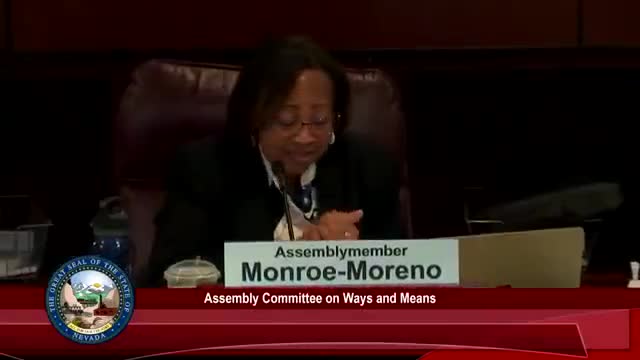
SB207 would establish Nevada PACE program to let frail seniors age in place; governor and agencies back pilot funding
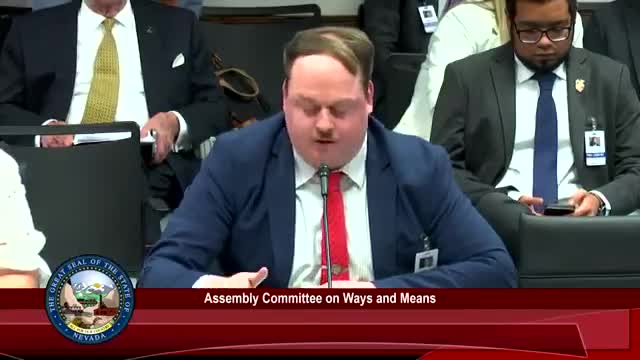
SB323 pilot to continue free daily calls for women at Florence McClure; department said appropriation covered worst‑case costs
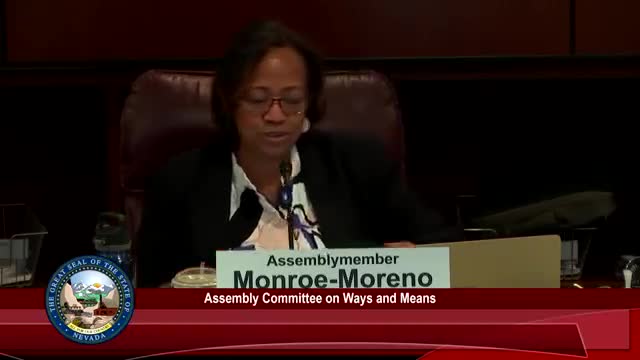
Committee hears $1M appropriation for Communities in Schools; sponsors point to outcomes on graduation and absenteeism
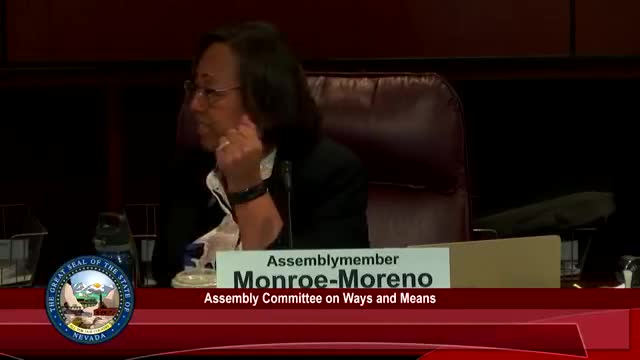
Committee hears SB300 to codify Medicaid coverage of certain mental‑health providers at FQHCs and raise rates for medication‑assisted treatment
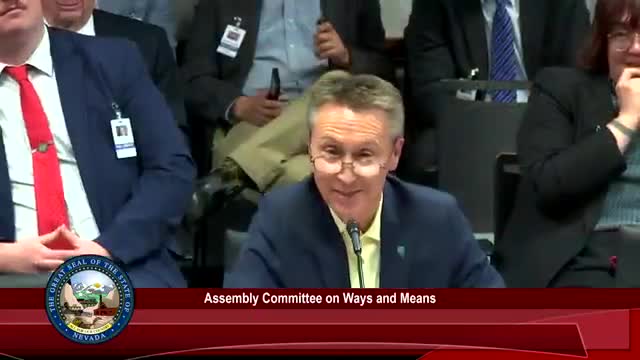
Assembly committee approves gut-and-replace of AB481 to let GOED offer abatements for biofuel production, add discretion on approvals
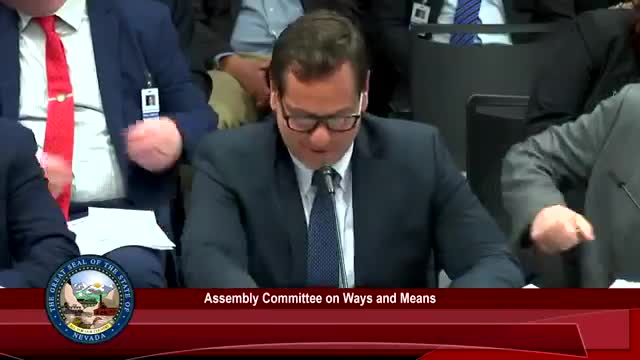
Secretary of State outlines SB74 elections omnibus; committee debates funding route for annual election training

Panel weighs SB217 to require IVF/ART coverage and to add Medicaid implementation pathway; insurers warn of premium impacts

